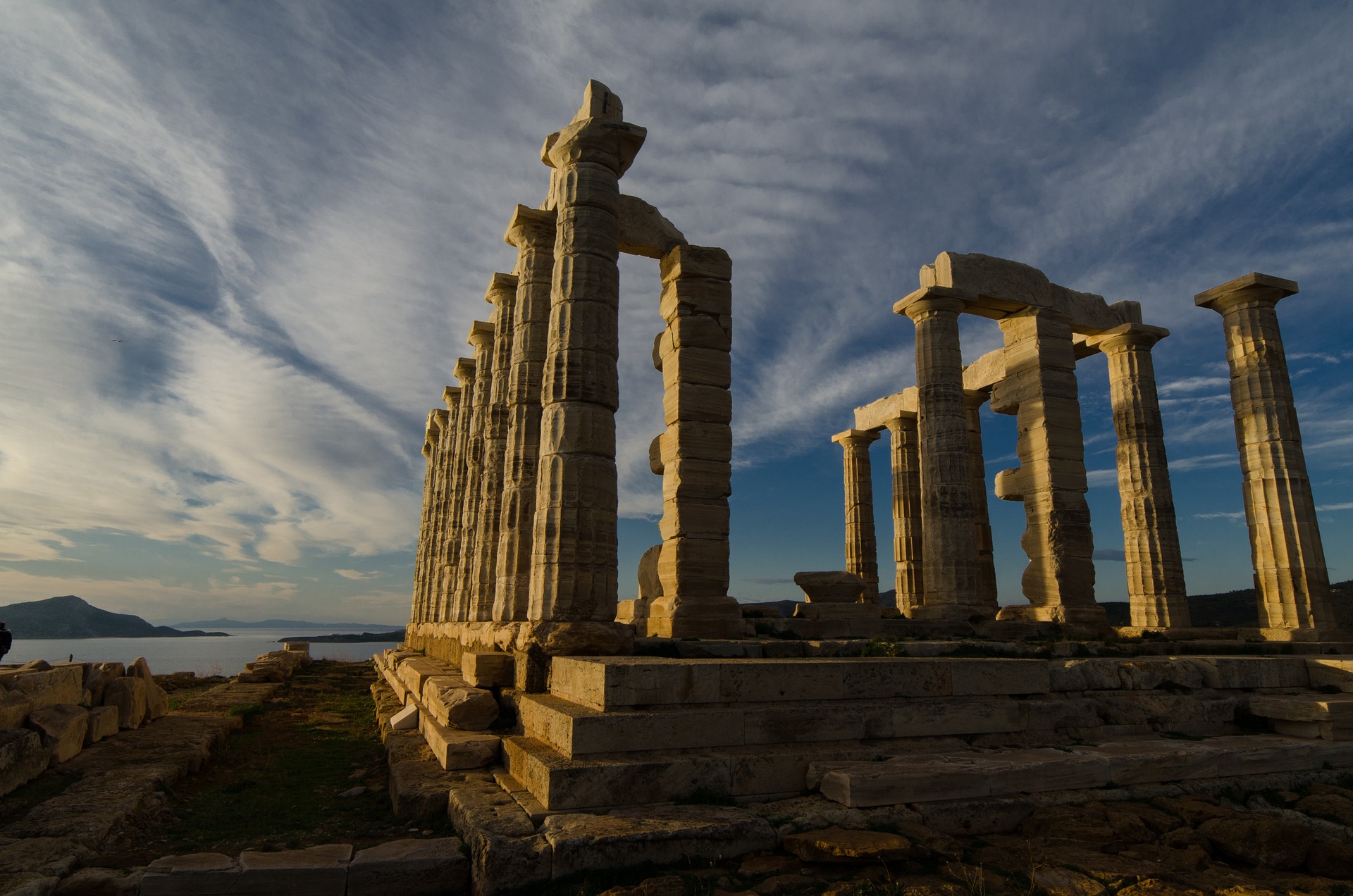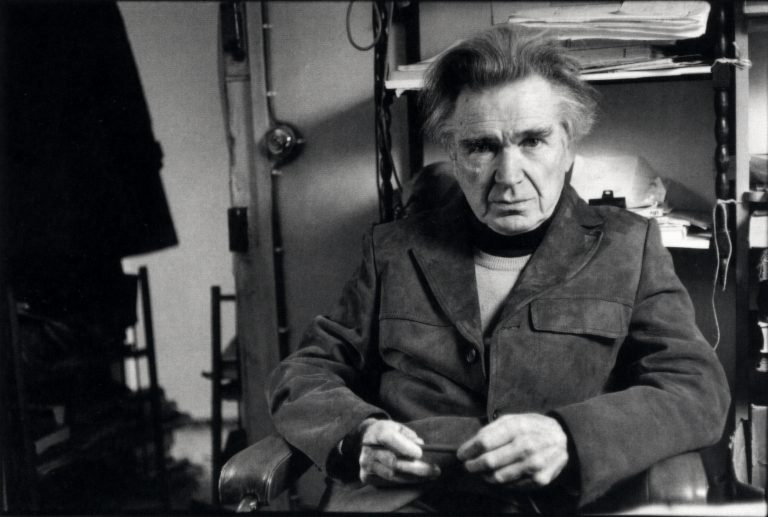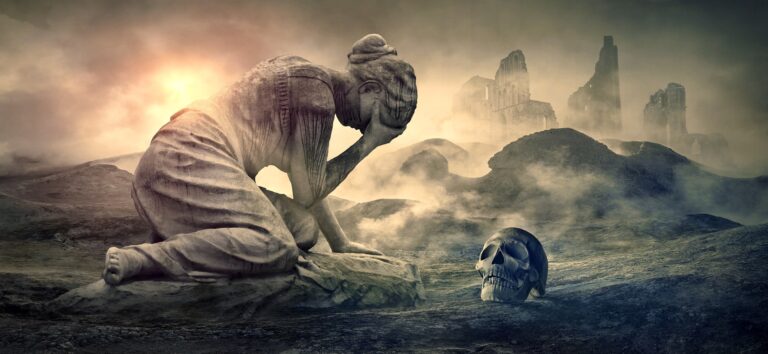
Stoicism is not a philosophy with an outlook that sees the world as stagnant and unchanging, but is a dynamic philosophy noted for being keenly aware of change. The Stoic philosophical schools existing throughout the era of the ancient world were ever mindful of this fact. Various stoic philosophers, both Greek and Roman, reflected on this awareness in their works and often commentated on the ubiquitous effects it had on life and the world.
Whatever we wish to call it—progress or change, corrosion or decay—we’ll simply stick to using impermanence as the umbrella word to cover all this. In a world that’s ever changing, particularly in ways that we wish it not to, Stoicism is one of those philosophies seeking to address the negative implications of impermanence. Just like Buddhism, Stoicism approaches impermanence psychotherapeutically as well, in addition to reflecting on the metaphysical side of it like so:
“Consider any existing object and reflect that it is even now in the process of dissolution and change, in a sense regenerating through decay or dispersal: in other words, to what sort of ‘death’ each thing is born” —Marcus Aurelius
Never make the mistake that this be a cause for anxiety, by pretending that anything that could happen in our life will happen, we will be better prepared—Premeditatio malorum. And we benefit better from this mode of thinking compared to those who optimistically believe that all will be well. Like gulping down a teaspoonful of medicine, it may taste yucky but we know it’s the price to pay for healing the body. The same sense goes for our stoic teachings, we may be reluctant upon first hearing it, but we know it’s for the benefit for our wellbeing.
The awareness of impermanence is therapeutic in itself because being aware of change–both negative and positive–we can develop a flexible mind that’s in harmony with this fundamental truth. You only need to observe from the stand point of your daily awareness that life never stays still. Aging, sickness and eventually death are rolling in on you, but the same will happen to your friends and enemies also. Because no power is above the reach of harm:
“Fire will burn all people equally, male and female, of every rank and every age: steel will exhibit its cutting power on all bodies alike: and why? Because these things derive their strength from nature, which makes no distinction of persons.” —Seneca
We should develop the attitude that our own bodies and everything we consider to be me and mine are like furniture which is not our own, but entrusted to us on loan, because all things that are subject to change do so anyway irrespective of our will. Like the Roman legionary with his large rectangular shield (Scutum), preparing to bravely repel the impending wrathful impact of a barbarian charge, we can, by us being prepared for future troubles soften the impact by removing those fragile expectations that all the cherished things in our life will always be with us forever. Compared to those who have the attitude of naive optimism, I’m sorry to say, will feel the icy cold savage blow of sudden tragedy.
Our fortunes are tied to fate because fate is tied to nature. Human beings are not special exceptions, every fibre of our being is part of nature and whatever we do plays out within the ubiquitous medium of the laws of physics. This is why Stoics love fate, because to protest against fate would be only result in impotence. The stoic does not give in to resignation and consign the house to the elements, but diligently sets off repairing his house. At the same time he does not allow this to shock him because he wholeheartedly accepts fate as it plays out, his love of fate (amor fati) is coupled with his awareness of the nature of things tending towards decay and disrepair.
“All things are in a process of change. You yourself are subject to constant alteration and gradual decay. So too is the whole universe.” —Seneca
Marcus Aurelius serving as Roman emperor didn’t let that power go to his head, unlike Caligula who thought he was a god. He was well aware that his life and the existence of the Roman Empire will eventually wither away in the course of time. But Impermanence didn’t stop Marcus spending many years of his life campaigning against barbarian tribes, protecting Rome and conquering for her monumental glory. We should see change as a potential for our positive change.
“Honours, monuments, whatever the ambitious have ordered by decrees or raised in public buildings are soon destroyed: there is nothing that the passage of time does not demolish and remove. But it cannot damage the works which philosophy has consecrated: no age will wipe them out, no age diminish them.” —Seneca
The fact that these words have reached me, one living in the modern times of 2022, gives this statement credence. Those military forts, temples, residential and governmental buildings, those structures one would see abundantly during Seneca’s time, have a great many of them now been demolished or removed by the passage of time. But philosophy is a thing of greater longevity and durability—provided language exists!

